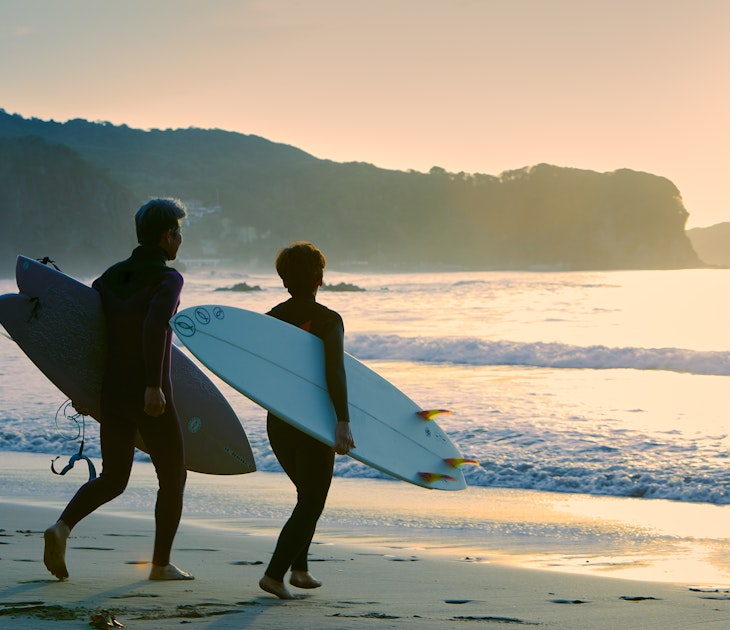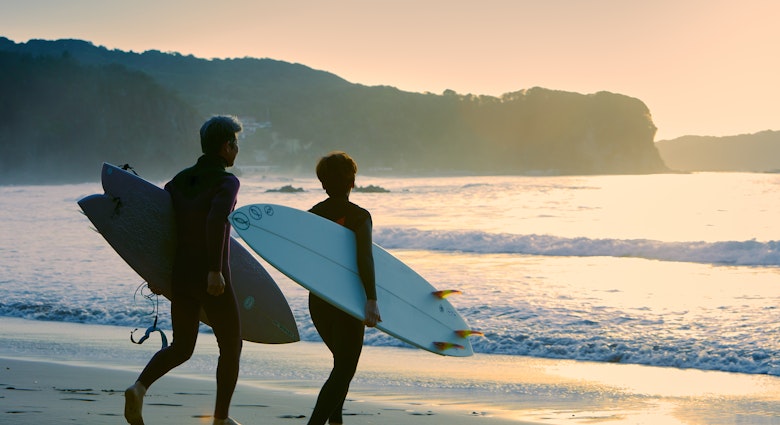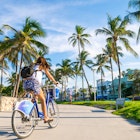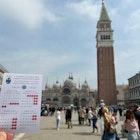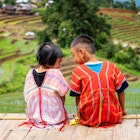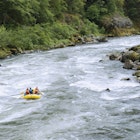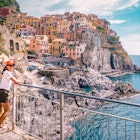Although coronavirus was slow to arrive to South America, it's impact is beginning to be felt across the continent. Lonely Planet writers based in South America have faced disrupted travel plans, lockdowns and increasing unrest. Here’s what many of them are saying about their experiences during the pandemic.
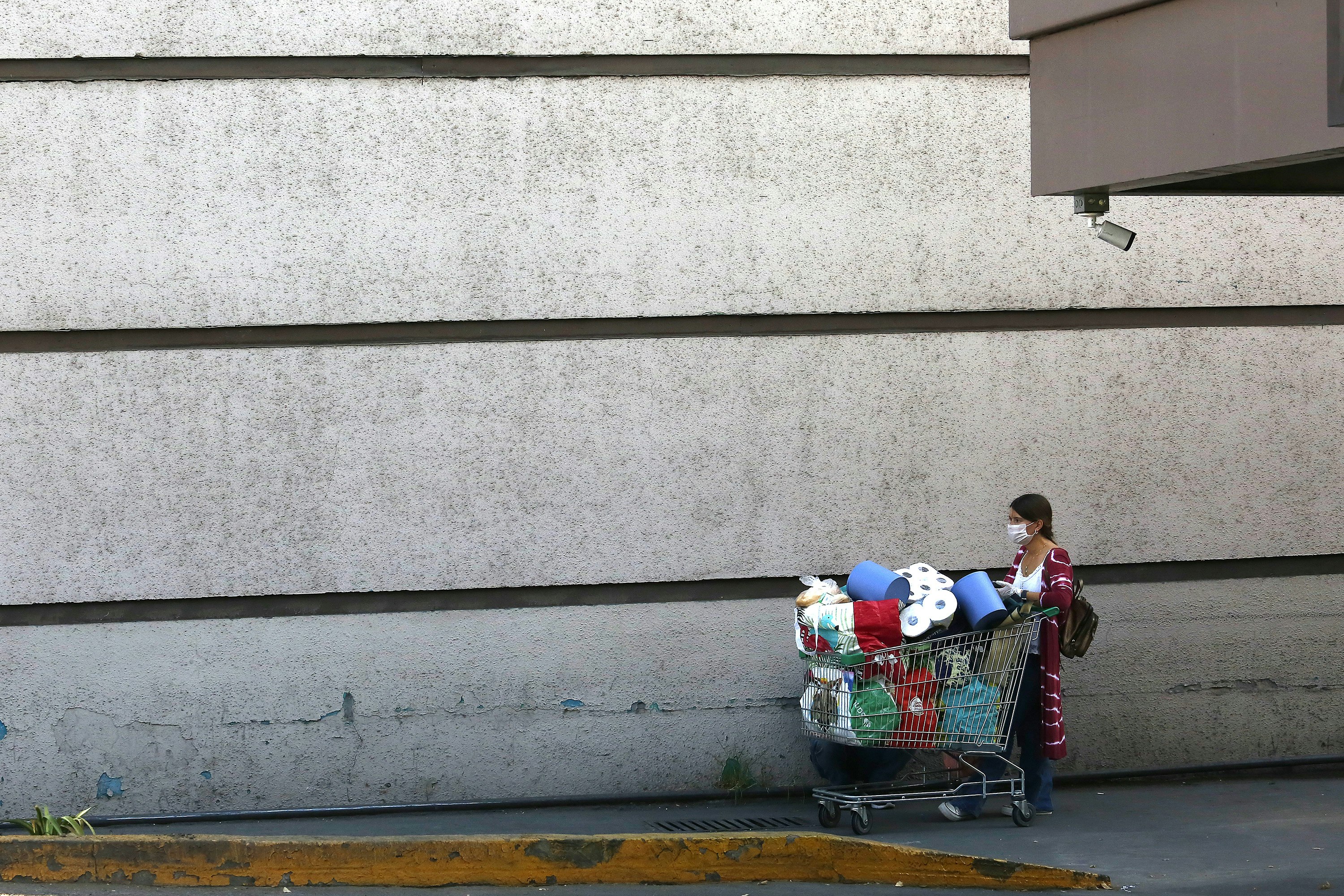
Mark Johanson in Santiago, Chile
Mark Johanson is a freelance journalist and Lonely Planet writer who has lived in Santiago, Chile, since 2014. Major tourist attractions and national parks, including the iconic Torres del Paine, have been shut down indefinitely. The Rapa Nui community similarly closed the airport on Easter Island on March 17. The capital, Santiago, is on lockdown.

On Wednesday, March 18, Chile joined several other Latin American nations in shutting its borders to the outside world. That means, in essence, that I’m now locked inside my adopted country with my Chilean partner and unable to visit the United States for the foreseeable future. It’s a scary thought, knowing that your friends and family are no longer just a plane ride away in an emergency.
Chile, like much of South America, has been late to the game on coronavirus. It was always an abstract problem faced by people somewhere else. While pandemic fears ramped up in Asia and Europe, there were only a handful of cases here. Radio hosts joked that coronavirus was merely a rich person’s disease. After all, the few cases we had were all in the fancy neighborhoods of Santiago with wealthy families who’d returned from European vacations.
That all changed over the course of 10 days. In Chile, the number of coronavirus cases has now ballooned to 1306, up from 17 just over two weeks ago, making it the largest outbreak in Latin America outside Brazil, whose population is 12-times larger. Coronavirus has gone from a blip in the news cycle to the dominant headline in the blink of an eye. The government here is desperately trying to follow the Korean model and act fast to control the spread, noting that the high number of cases may reflect a higher level of testing than its neighbors.
My partner is now working from home, kids are taking classes online and anyone reentering the country from abroad has been forced to quarantine themselves for 14 days. I already have several friends in quarantine, either because their children go to a school with someone infected, or they’ve raced back home from abroad after their summer holidays. Like elsewhere, the panic has finally set in and we’re now preparing for a long period of social isolation.
Doug Murray in the Lake Atitlan region of Guatemala
Doug Murray is a travel writer who has made the Lake Atitlan area of Guatemala a second home for more than 10 years. He's been in San Pedro la Laguna since late last year. On March 16, the country closed its borders. As of March 26, there were 25 coronavirus cases in Guatemala and one death.

Lake Atitlan, located about three hours west of Guatemala City, is one of the biggest attractions in the country. Many of the towns around the lake, including San Pedro, rely heavily on tourism. We all knew what was coming, having seen the coronavirus spread across other parts of the world. Many tourists and ex-pats tried to leave before the borders closed, while others were resigned to the fact that they weren't going anywhere. The government estimates about 3000 tourists are stuck here.
There hasn't been any trouble so far. There's no real panic other than some reports of hoarding in Guatemala City. The tiendas (small stores) remain well stocked and most of the local restaurants are offering delivery and take away service.
Guatemalans around the lake (mostly indigenous Maya) are taking everything in stride, although yesterday there was a bit of a pushing match over the last eggs in the market.
My friends in Canada wonder if I want to come home. I can't, even though I have an 84-year-old mother that I'd like to be closer to. But even if I could leave the country, I would be worried about having direct contact with her. Another worry is money. For now, the bank machines work and I have some cash in a friend's safe.
Healthcare is pretty poor in rural areas, so if the coronavirus does take hold, it could be a huge tragedy. Thankfully, none of the COVID-19 cases are around Lake Atitlan.
After the last couple of weeks, I wonder what the coming days will bring? Do I need to worry? Will the power stay on? Will there still be food? For now, our little community here is holding it together and for the time being, this is a pretty good place to be. Let's see what tomorrow brings.
Alex Egerton in Colombia
Alex Egerton is a journalist writing about travel and culture in Latin America and the Caribbean from rural Risaralda in the Coffee Axis of Colombia, where he has been based since 2014. While Colombia was initially somewhat slow to get off the mark, the entire country is now on lockdown with land borders sealed until the end of May and both national and international flights grounded.
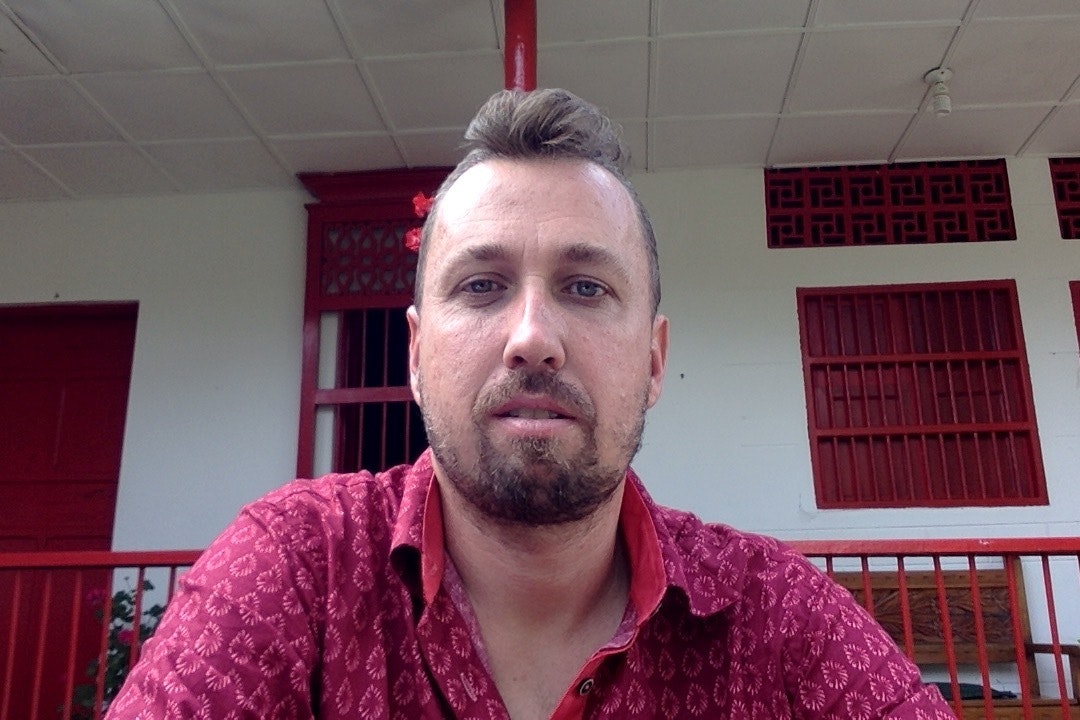
The coronavirus has now arrived in Colombia with some force with many instances of community transmission recorded, health experts have warned that the country is woefully unprepared for such an outbreak with the nation’s public health system plagued by corruption and inefficiency.
Despite the dire warnings, the mood in the streets initially was somewhat nonchalant with many residents going about business as normal until sweeping restrictions on movement began to be put in place by local governments. The national government finally got on board and the entire country has now been placed on lockdown for around three weeks.
Stores are running short of sanitary products, however Colombians, who are an exceptionally social group, are having a hard time following instructions to stay at home. While normally busy city centers around the country have emptied, in many barrios (neighborhoods) life goes on pretty much as usual.
However, for the many Colombians and significant numbers of migrants from Venezuela who make their living in the informal economy, the stay-at-home measures have already begun to bite hard. Food security is a major issue and protests and even attempts at looting have begun to appear. In a further sign of the tension and lack of confidence in the authorities, a riot sparked by sanitary conditions in an overcrowded prison in the capital Bogota recently claimed the lives of 23 inmates.
Personally, I am in the luxurious position to work from home anyway, and have pretty much spent the last few days in front of several screens trying to keep abreast of developments around the country. When I need a break instead of heading down to the cafe like usual, I pace my terrace and cast an eye over the surrounding hillsides where my neighbors tend their coffee plants studded with scarlet beans ready for harvest. It’s a reassuring scene both for its normality and the fact that a java shortage is one contingency we are unlikely to have to deal with.
One of the hardest pills to swallow for many Colombians is the prohibition on nightlife. Not being able to go out and dance has not gone down well, with many flouting the restrictions when first introduced. While the new lockdown order has upped the level of boredom, the capacity of the authorities to control a restless populace remains to be seen.
Carolyn McCarthy in Chile
Carolyn McCarthy is a freelance travel writer living in Ensenada, Chile, where she has resided for eight years. Although the pandemic was slow to arrive in Chile's rural areas, countrywide lockdowns are in effect, and many local businesses have closed.

It has been a decisive few weeks for COVID-19 in Chile. A little over two weeks ago, I was returning from Argentina’s Ibera wetlands, energized by hot days of sunshine and wildlife sightings.
For months, the virus seemed a world away from where I live near the southern tip of South America, where everything, from the Internet to paved roads and fashion usually arrives last. Then, a Unesco-heritage village in Patagonia, Caleta Tortel (population 436), went on lockdown after a cruise ship disembarked a tourist who tested positive for COVID-19. Cruises visit much of southern Chile, and many of my friends work with tourism in one way or another. Suddenly, the virus had called to home port.
Chile soon closed its borders to non-residents, sending children home for a two-week quarantine, with private businesses falling suit. National parks have also closed. My British partner, who already had a ticket to visit, missed the entry cutoff for foreigners by just one day.
It helps that Chileans are not new to calamity. In 2008, Chaiten volcano erupted in Pumalin Douglas Tompkins National Park, spewing ash as far as Buenos Aires. In 2010, the country survived a massive earthquake and tsunami, in 2017, the very volcano I live on erupted, and last year saw massive social protests. Chilean resilience has been well-tested, yet I fear the worldwide impact of this new, unseen adversary. These days, working from home, I take consolation in my rural surroundings, with long walks just outside my door, and a puppy eager to join me.
I have always wondered what a monastic life would be like. This year I find out.
You might also like:
“How the hell can I do 100 days of this?” – 5 self-isolation tips from a solo circumnavigating sailor
Coronavirus dispatches: writers around North America share their experiences
Coronavirus dispatches: writers around Europe share their experiences
The novel coronavirus (COVID-19) is now a global pandemic. Find out what this means for travelers.

